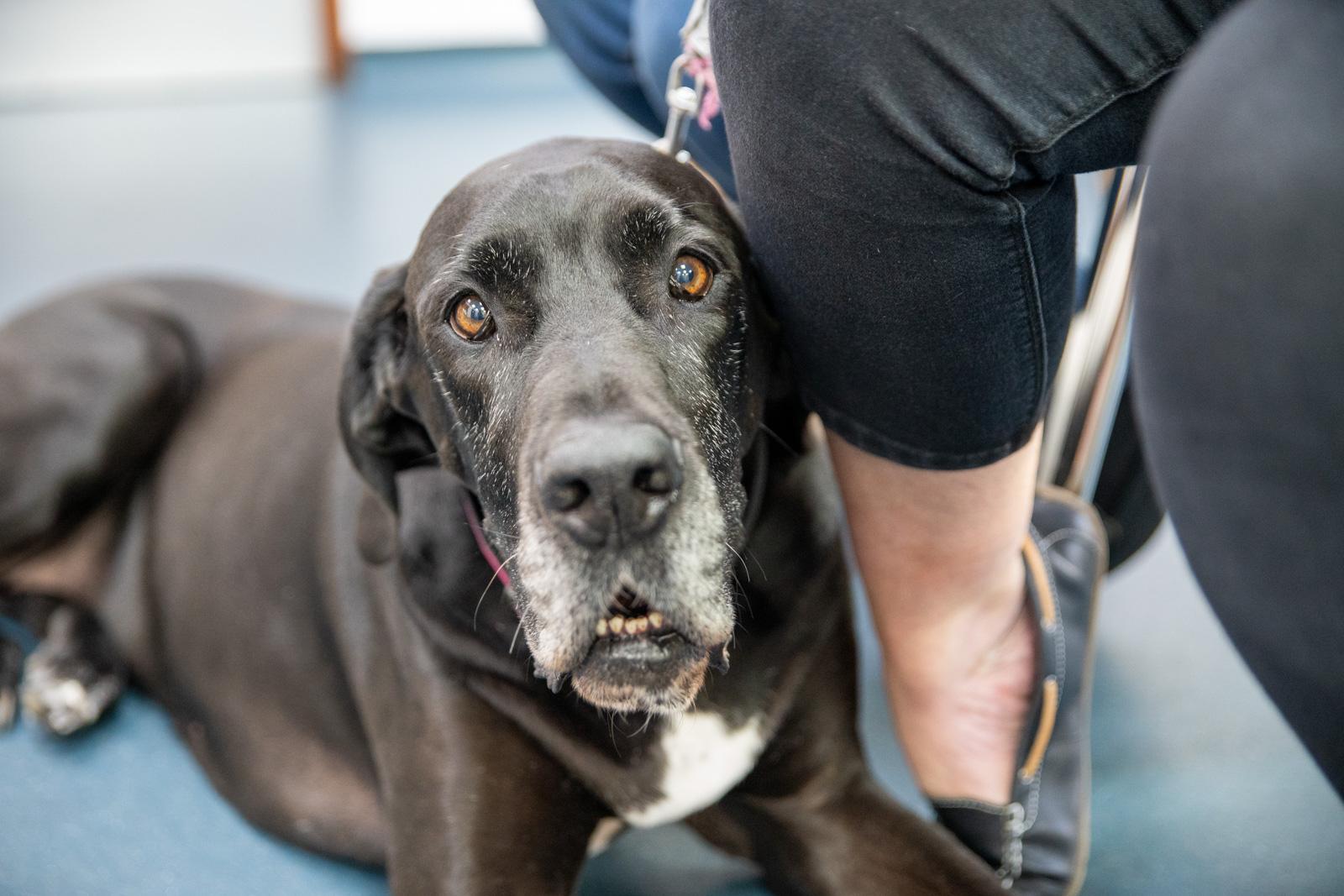Insurance
Insurance is not only for older pets. In fact, the younger your pet is, the better.
There are many different types of policies available with a considerably variable level of cover.
Accident: provides cover for accidents only and no cover for illness.
Time limited: provides cover for a set amount of time (usually 12 months) and after this period the condition is excluded. This usually covers from the first signs of a condition, sometimes even if no treatment was recommended or carried out.
Maximum benefit: provides cover up to a maximum amount of money per condition and once this limit is reached the condition is excluded. Also known as money limited policies.
Lifetime: provides a set amount of money each year which is refreshed each time you renew your policy allowing you to continue to claim for ongoing conditions.
The above policies may also have limits or caps on certain charges, such as out of hours fees, lab tests and even certain medication. Some may not cover dental work at all, and many do not cover cremation costs.
It is always advisable you read through your policy information booklet, to make sure you are aware of any of the above.
Unlike other forms of insurance, it is not easy to switch pet insurance in the future as any pre-existing conditions your pet has are likely to be excluded. This means it’s important to do your research and choose the right cover from the start and expect your premiums to increase on a yearly basis, even if you have not claimed.
Most insurance companies pay veterinary practices directly, known as direct claims. Due to the increase in pet insurance policies and varying types of cover we pre-approve all our direct claims. This is also the case even if you have been referred from another veterinary practice, where they have already approved a direct claim.
If you need to claim direct, we will happily sort this for you, but we do require a full policy schedule and any prior history. Depending on your insurers, we may also require a completed claim form and payment of annual policy excess. Your annual policy excess is usually per condition and is due each time you claim for a new condition. Ongoing/continuation claims that you have already paid excess for are due again on the renewal date of your policy. Please make sure you are aware of your excess and co-payments as this will need to be paid for every direct claim.
For indirect claims (payable to the policy holder) we would still prefer a schedule, prior history and a method of claiming, but we would deal with this for you and send directly to your insurers.
Agreeing to a direct claim is not in any way us accepting liability for your claim, but if you wish for a pre-authorisation from your insurers, we can sometimes submit these on request. Not all insurance companies accept pre-authorisations and it is best to check with your insurers first.
Hopefully you pet will never need to use their insurance policy but if they do, the insurance admin can help with any queries you may have.


